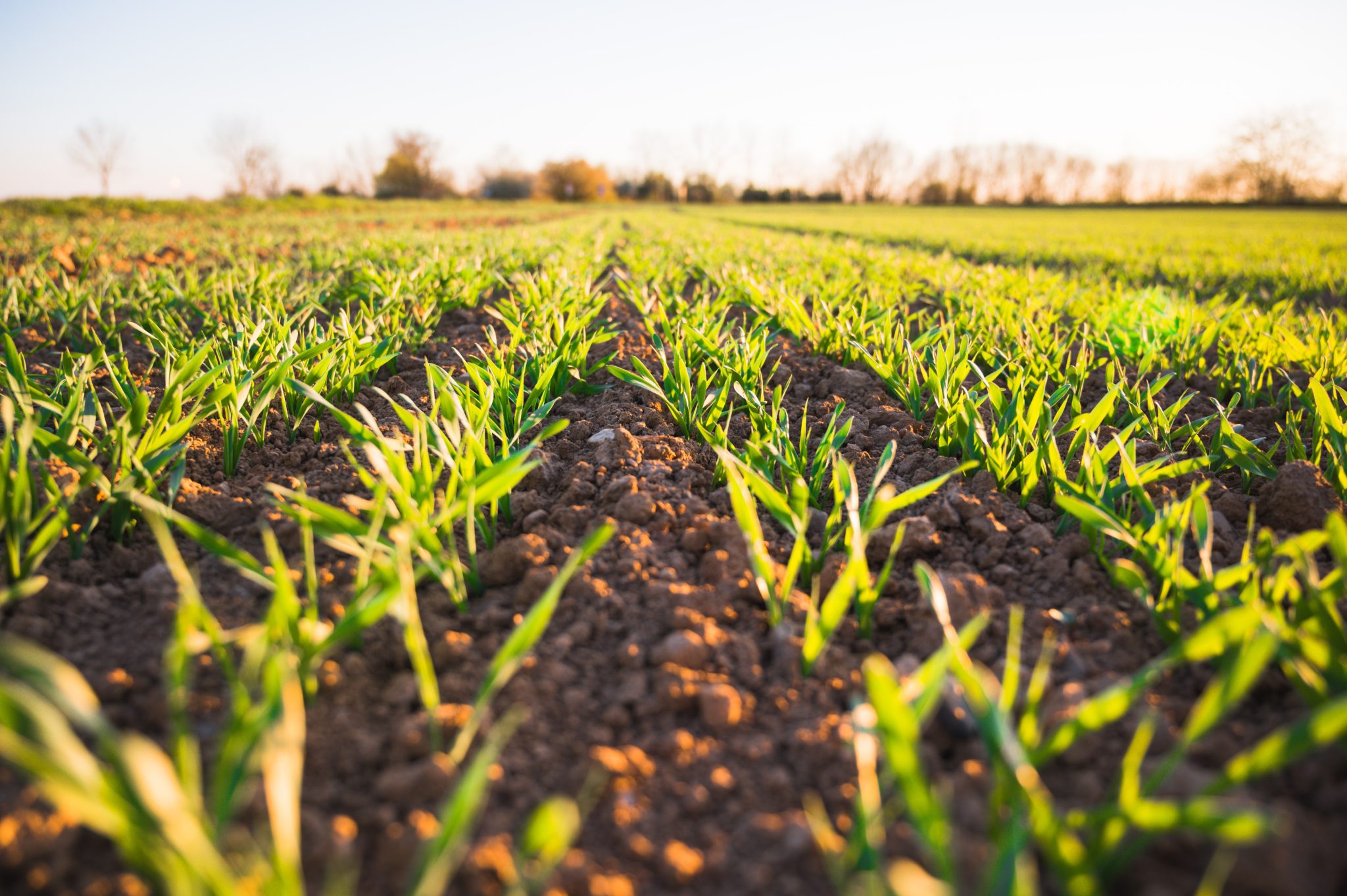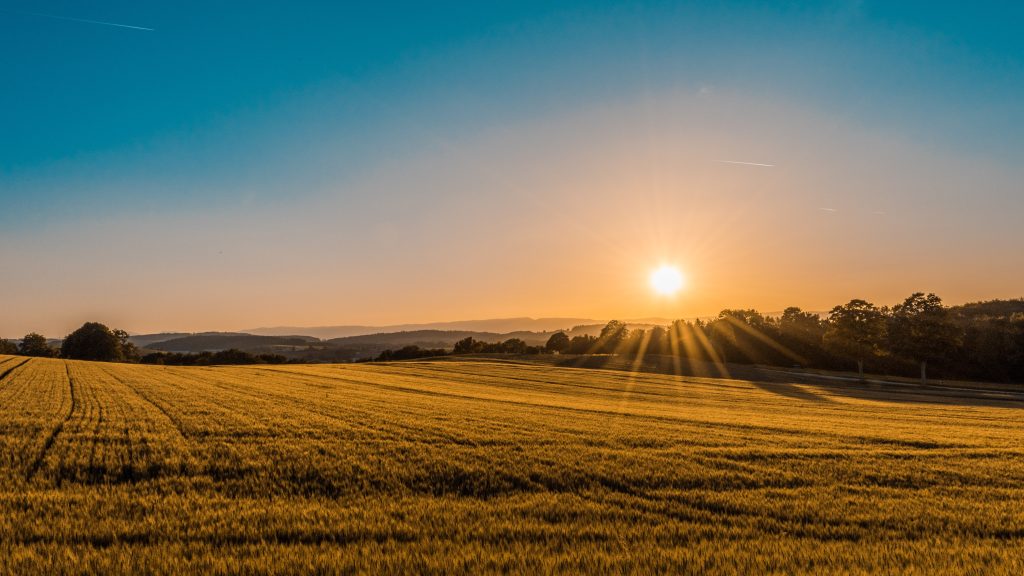Nature-based solutions for agriculture

How can nature-based solutions help with sustainability?
Today we are going to talk about something that may seem fairly technical, but it’s something of great importance for our daily nutrition and clothing. Nature-based solutions for agriculture!
Nature-based solutions for agriculture involve using natural systems to support agricultural productivity. That’s instead of relying on chemical pesticides and other synthetic inputs. These solutions can include a wide range of approaches, such as planting cover crops, using compost and other organic matter to improve soil health, and introducing beneficial insects and other natural predators to control pests.

What are cover crops? Cover crops are plants that are grown specifically to improve the health of the soil, instead of for harvest. These crops are often planted between regular growing seasons and they are one of the most important nature-based solutions in agriculture.
One of the key benefits of nature-based solutions is that they work with, rather than against natural systems. This means that they can be more sustainable and resilient in the long term. They take advantage of the strengths and synergies of natural systems.
For example, by planting cover crops, farmers can improve soil health, reduce erosion, and provide habitat for beneficial insects, which can support more productive crops. It’s a constant win-win.
Another advantage is that they are more effective than synthetic pesticides at controlling pests and diseases. This is because they take into account the interactions between different species in an ecosystem. They use them to disrupt pest populations and reduce their impact. For example, introducing natural predators such as lacewings and ladybugs can help to control aphid populations, without chemical pesticides, so dangerous for the environment and the people working on the plantation.

Besides to their benefits for agriculture, nature-based solutions also support the conservation of biodiversity. With these approaches, farmers can help to preserve important ecological systems, such as wetlands and forests. They provide critical habitat for a wide range of species. This can help to promote a healthier and more balanced ecosystem, which can support both agriculture and conservation.

Overall, nature-based solutions for agriculture offer many benefits, including sustainability, resilience, and effectiveness. By using these approaches, farmers can support the health and productivity of their crops, while also protecting the environment and promoting biodiversity.
At Paradigme Mode we are engaged in showing you the best practices in all industries heading towards a more sustainable development. In this series about agriculture we will soon talk about how each one of fashion materials is harvested and the more ethical ways to do it. See you soon!
In-depth resources
- Three Things to Know About Nature-Based Solutions for Agriculture, The Nature Conservancy, 2021
- What are nature-based solutions and how can they help us address the climate crisis?, WWF, 2020
- Nature-based solutions in agriculture: The case and pathway for adoption, Food and Agriculture Organisation of the United Nations, 2021


